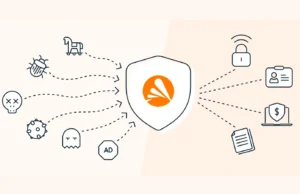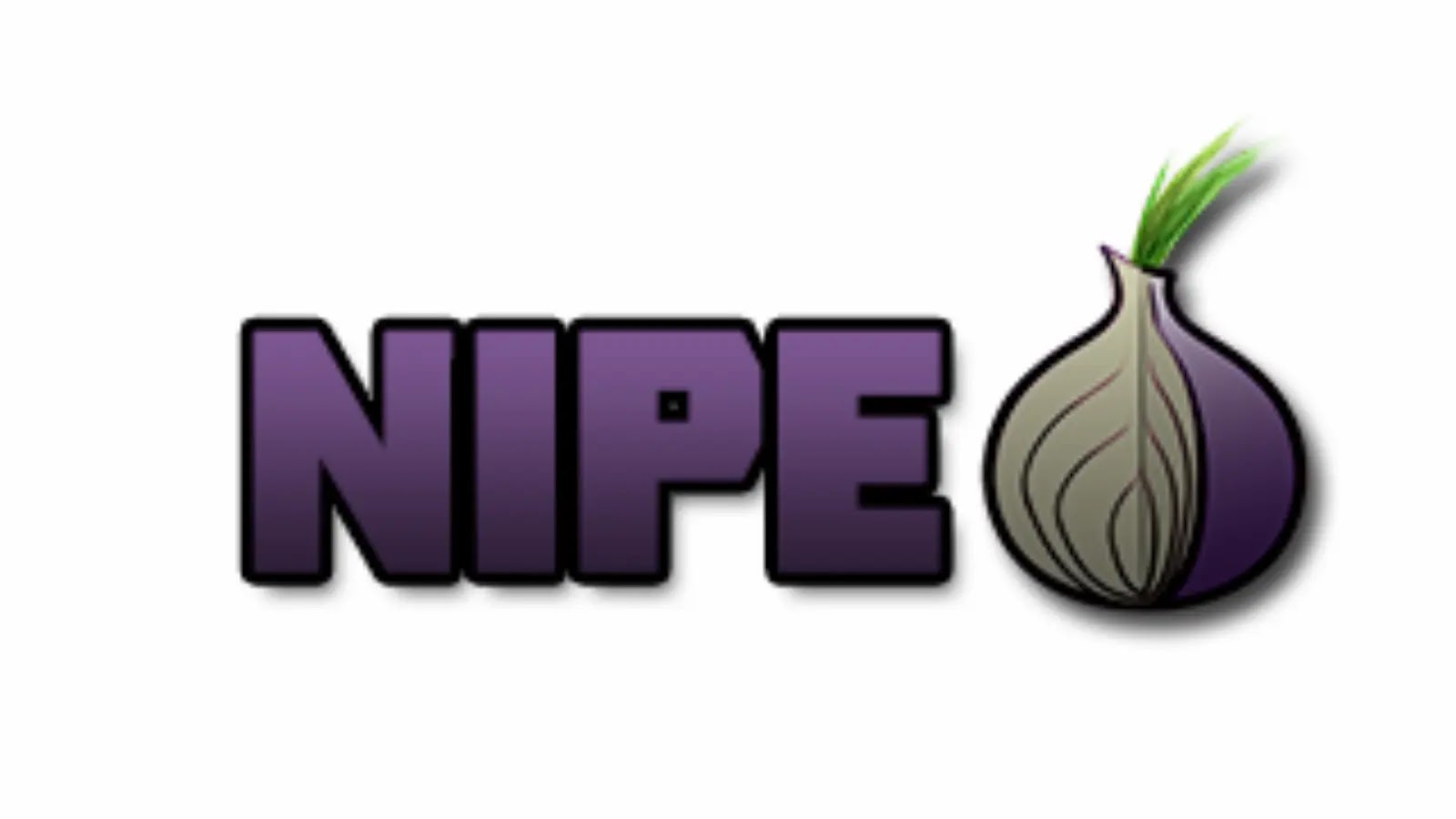This article offers a comprehensive overview of the nine most commonly utilized penetration testing tools in the cybersecurity domain. The utilization of tools such as Netsparker, Wireshark, and Kali Linux is crucial in the process of identifying vulnerabilities across diverse digital environments. Each tool provides distinct functionalities for conducting web application scanning, network analysis, ethical hacking, and other related tasks, rendering them essential for professionals engaged in security assessments and vulnerability analyses. These tools provide security experts with the essential resources to effectively enhance cyber defense mechanisms, whether for password cracking, sniffing, or advanced penetration testing.
Netsparker
The Netsparker Security Scanner is widely recognized as a prevalent automated web application utilized for conducting penetration testing.
The software possesses the capability to detect a wide range of vulnerabilities, including but not limited to cross-site scripting and SQL injection. The tool can be utilized by developers across websites, web services, and web applications.
The system is powerful enough to scan anything between 500 and 1000 web applications at
the same time. You will be able to customize your security scan with attack options,
authentication, and URL rewrite rules. Netsparker automatically takes advantage of weak
spots in a read-only way. Proof of exploitation is produced. The impact of vulnerabilities is
instantly viewable.
Benefits:
● Scan 1000+ web applications in less than a day!
● Add multiple team members for collaboration and easy shareability of findings.
● Automatic scanning ensures a limited setup is necessary.
● Searches for exploitable SQL and XSS vulnerabilities in web applications.
● Legal web application and regulatory compliance reports.
● Proof-based scanning Technology guarantees accurate detection.
Wireshark
Formerly referred to as Ethereal 0.2.0, Wireshark is a highly acclaimed network analyzer that boasts a substantial team of 600 contributors. This software enables users to efficiently capture and interpret network packets in a prompt manner. The tool is an open-source software solution that is readily accessible for a wide range of operating systems, encompassing Windows, Solaris, FreeBSD, and Linux.
Benefits:
● Provides both offline analysis and live-capture options.
● Capturing data packets allows you to explore various traits, including source and
destination protocols.
● It offers the ability to investigate the smallest details for activities throughout a
network.
● Optional adding of coloring rules to the pack for rapid, intuitive analysis
Metasploit
Metasploit stands as the preeminent penetration testing automation framework globally, enjoying widespread adoption and utilization.
Metasploit facilitates the verification and management of security assessments for professional teams. It enhances awareness and equips defenders with the necessary tools and knowledge to proactively stay ahead in the field.
It is useful for checking security and pinpointing flaws, setting up a defense. An Open source
software, this tool will allow a network administrator to break in and identify fatal weak
points. Beginner hackers use this tool to build their skills. The tool provides a way to
replicate websites for social engineers.
Benefits:
● Easy to use with GUI clickable interface and command line.
● Manual brute-forcing, payloads to evade leading solutions, spear phishing, and
awareness, an app for testing OWASP vulnerabilities.
● Collects testing data for over 1,500 exploits.
● MetaModules for network segmentation tests.
● You can use this to explore older vulnerabilities within your infrastructure.
● Available on Mac OS X, Windows, and Linux.
● Can be used on servers, networks, and applications.
BeEF
The aforementioned tool is specifically designed for penetration testing purposes and is most effectively utilized for assessing the security of a web browser. Designed to effectively mitigate web-based attacks, this solution has been specifically tailored to address the unique challenges faced by mobile clients. The acronym BeEF represents Browser Exploitation Framework, a software tool that leverages the capabilities of GitHub to identify and address vulnerabilities. The primary objective of BeEF is to systematically analyze and investigate vulnerabilities that extend beyond the confines of the client system and the network perimeter. The framework will focus on assessing exploitability exclusively within the confines of a single source, namely the web browser.
Benefits:
● You can use client-side attack vectors to check security posture.
● Connects with more than one web browser and then launches directed command
modules.
John The Ripper Password Cracker
Passwords represent a significant vulnerability in various systems and applications. Passwords can be exploited by malicious actors with the intention of acquiring login credentials and gaining unauthorized access to highly sensitive systems. John the Ripper is a highly indispensable tool utilized for the explicit purpose of password cracking. It offers a diverse array of systems that are specifically designed to cater to this particular objective. The pen testing tool is a cost-free, open-source software solution.
Benefits:
● Automatically identifies different password hashes.
● Discovers password weaknesses within databases.
● The pro version is available for Linux, Mac OS X, Hash Suite, and Hash Suite Droid.
● Includes a customizable cracker.
● Allows users to explore documentation online. This includes a summary of changes
between separate versions.
Aircrack
Aircrack NG is a software tool specifically developed to exploit vulnerabilities in wireless connections. Its primary function is to capture data packets, which are then exported in text file format for further analysis. Although the software appeared to have been neglected in 2010, Aircrack underwent a subsequent update in 2019.
This tool is supported on various OS and platforms with support for WEP dictionary attacks.
It offers an improved tracking speed compared to most other penetration tools and supports
multiple cards and drivers. After capturing the WPA handshake, the suite is capable of using
a password dictionary and statistical techniques to break into WEP.
Benefits:
● Works with Linux, Windows, OS X, FreeBSD, NetBSD, OpenBSD, and Solaris.
● You can use this tool to capture packets and export data.
● It is designed for testing wifi devices as well as driver capabilities.
● Focuses on different areas of security, such as attacking, monitoring, testing, and
cracking.
● In terms of attacking, you can perform de-authentication, establish fake access points,
and perform replay attacks
Burp Suite Pen Tester
The Burp Suite for developers is available in two distinct versions. The complimentary version offers the requisite and fundamental tools required for conducting scanning activities. Alternatively, the second version may be chosen for those seeking more advanced penetration testing capabilities. This tool is specifically designed to perform comprehensive checks on web-based applications. There exist various tools that facilitate the mapping of the track surface and the analysis of requests exchanged between a web browser and destination servers. The framework employs Web Penetration Testing on the Java platform, making it a widely adopted tool among information security professionals in the industry.
Benefits:
● Capable of automatically crawling web-based applications.
● Available on Windows, OS X, Linux, and Windows.
Ettercap
The primary objective of the Ettercap suite is to mitigate the risk of man-in-the-middle attacks. With the utilization of this application, users will have the capability to construct customized packets and execute targeted operations. The software has the capability to transmit frames that do not conform to the specified standards, as well as execute complex techniques using alternative methods.
Benefits:
● This tool is ideal for deep packet sniffing as well as monitoring and testing LAN.
● Ettercap supports active and passive dissection of protections.
● You can complete content filtering on the fly.
● The tool also provides settings for both network and host analysis.
Kali Linux
Kali Linux is a Linux distribution specifically designed for advanced penetration testing purposes. It serves as a comprehensive software tool for conducting penetration testing activities. According to numerous experts, this particular tool is widely regarded as the optimal solution for both injection and password snipping purposes.
Proficiency in both TCP/IP protocols is essential for maximizing the advantages. Kali Linux, an open-source project, offers comprehensive tool listings, version tracking capabilities, and meta-packages.
Benefits:
● With 64-bit support, you can use this tool for brute-force password cracking.
● Kali uses a live image loaded into the RAM to test the security skills of ethical
hackers.
● Kali has over 600 ethical hacking tools.
● Various security tools for vulnerability analysis, web applications, information
gathering, wireless attacks, reverse engineering, password cracking, forensic tools,
web applications, spoofing, sniffing, exploitation tools, and hardware hacking are
available.
● Easy integration with other penetration testing tools, including Wireshark and
Metasploit.
● The BackTrack provides tools for WLAN and LAN vulnerability assessment
scanning, digital forensics, and sniffing.
















.webp)